Understanding Down Syndrome: Causes, Risks and Why Awareness Matters
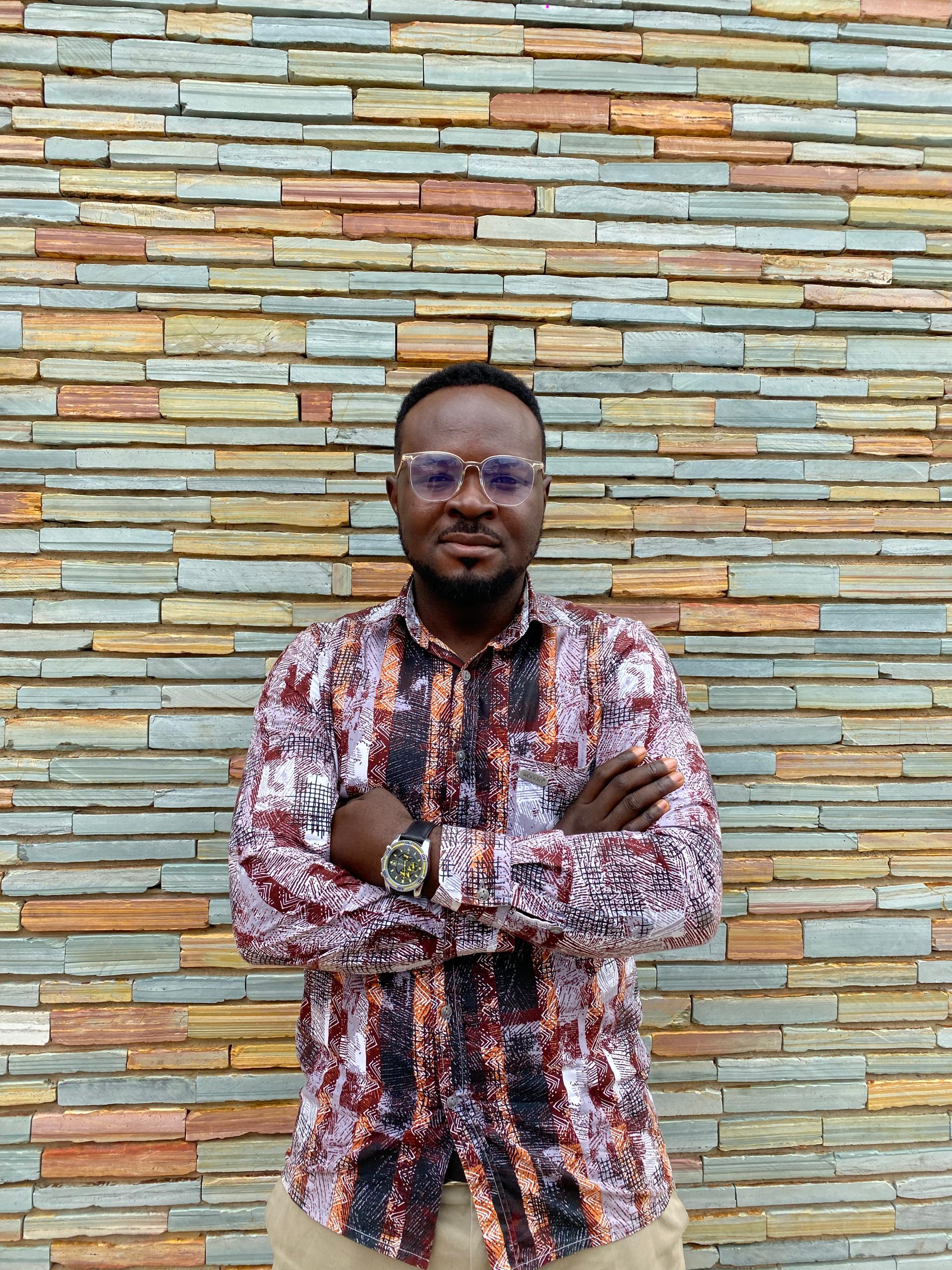
October marks Down Syndrome Awareness Month, a period dedicated to increasing understanding, compassion and acceptance for individuals living with the condition. Yet, in many societies, stigma, misinformation and silence still surround the topic.
According to medical experts, Down syndromescientifically known as Trisomy 21 occurs when a child is born with an extra copy of chromosome 21. “Ideally, both parents contribute 23 chromosomes each, making 46 in total,” explained Dr. Chris on Culture Daily. “In certain instances, the mother contributes one extra chromosome, bringing the total to 47. That’s what causes Down syndrome.”
While the condition is not terminal, societal attitudes often make life more difficult for affected families. Dr. Chris clarified that advanced maternal age especially beyond 35 is the main risk factor. However, he cautioned against blame: “It’s not about fault. It’s a genetic occurrence that can’t be predicted with certainty.”
Children with Down syndrome may display distinctive facial features and developmental delays, but with the right support, many go on to live full and independent lives. Early intervention and inclusive education are key.
Despite these facts, termination rates remain alarmingly high in many developed nations. In countries like Denmark and Iceland, between 97% and 99% of pregnancies diagnosed with Down syndrome are terminated. In Africa, however, data is limited. Research from South Africa suggests that only 1.4% of Black women choose termination, partly due to empathy, religious values and limited diagnostic testing.
Dr. Chris emphasized that awareness must move beyond sympathy to informed action. “Families need support, not stigma,” he said. “These children deserve a chance to live, to learn and to love like everyone else.”
Sign up for the 3Music Newsletter for breaking news, events, and unique stories.
MORE FROM
fashion & lifestyle
-
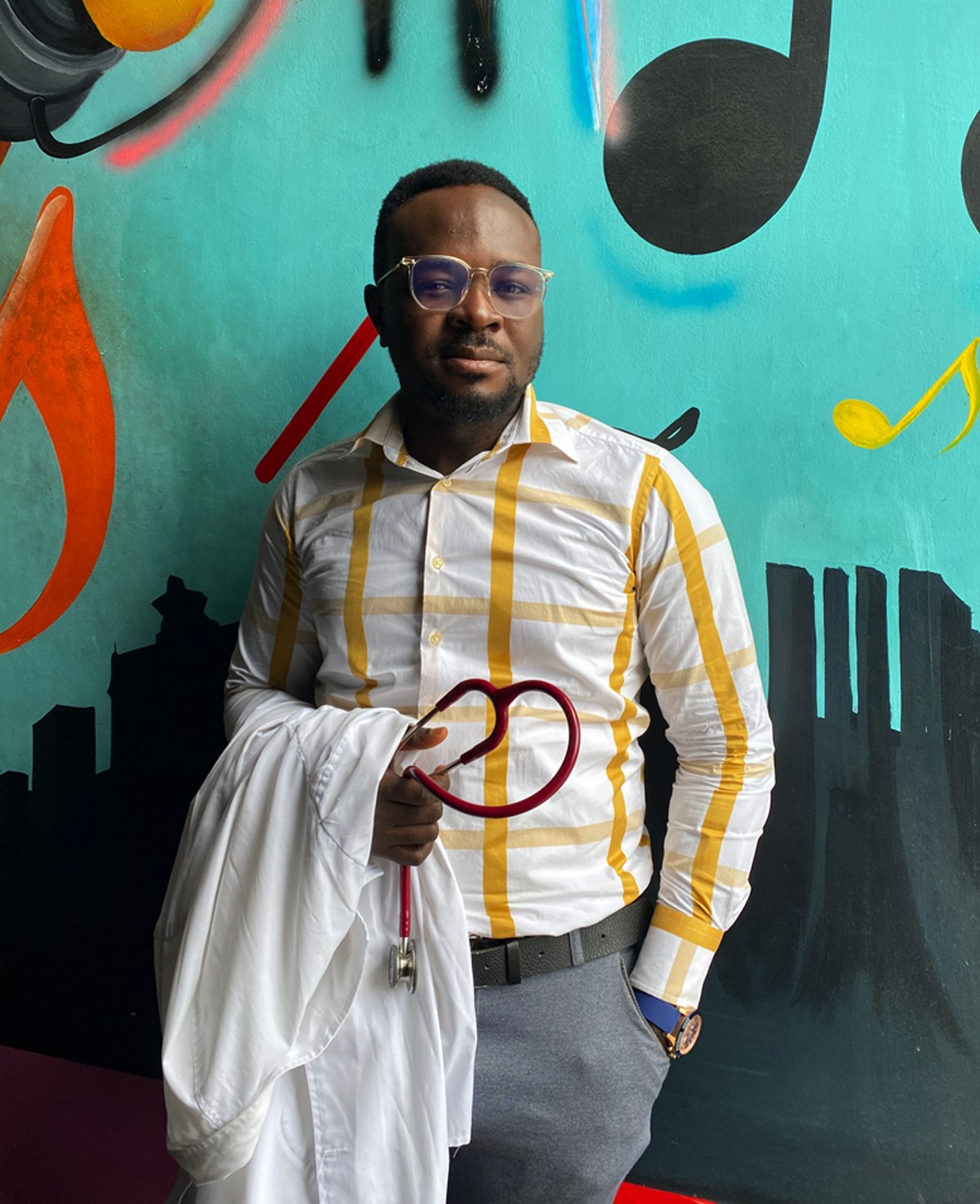
entertainment fashion & lifestyle culture
Dr Chris Aminarh Discusses The Importance Of Routine Health Screenings
By Christabel Newman
February 24th, 2026
-
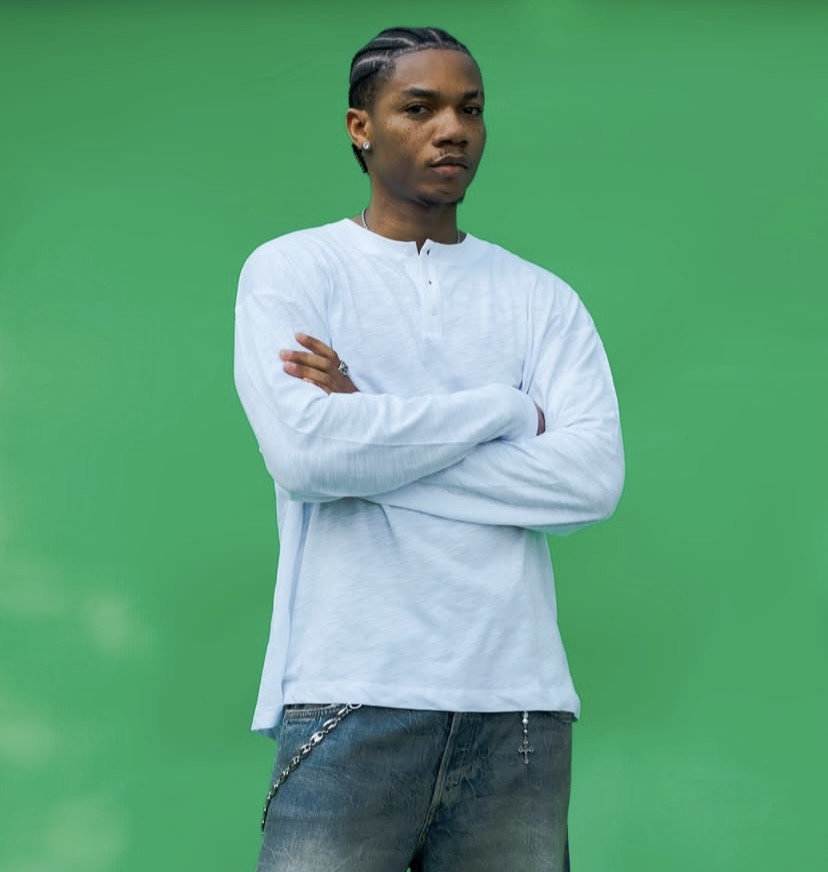
music entertainment culture
KiDi Announces BABYLON With Striking Visual Tease
By Christabel Newman
February 24th, 2026
-

culture
Government Restores Kotoka International Airport To Its Original Name
By Christabel Newman
February 24th, 2026
-
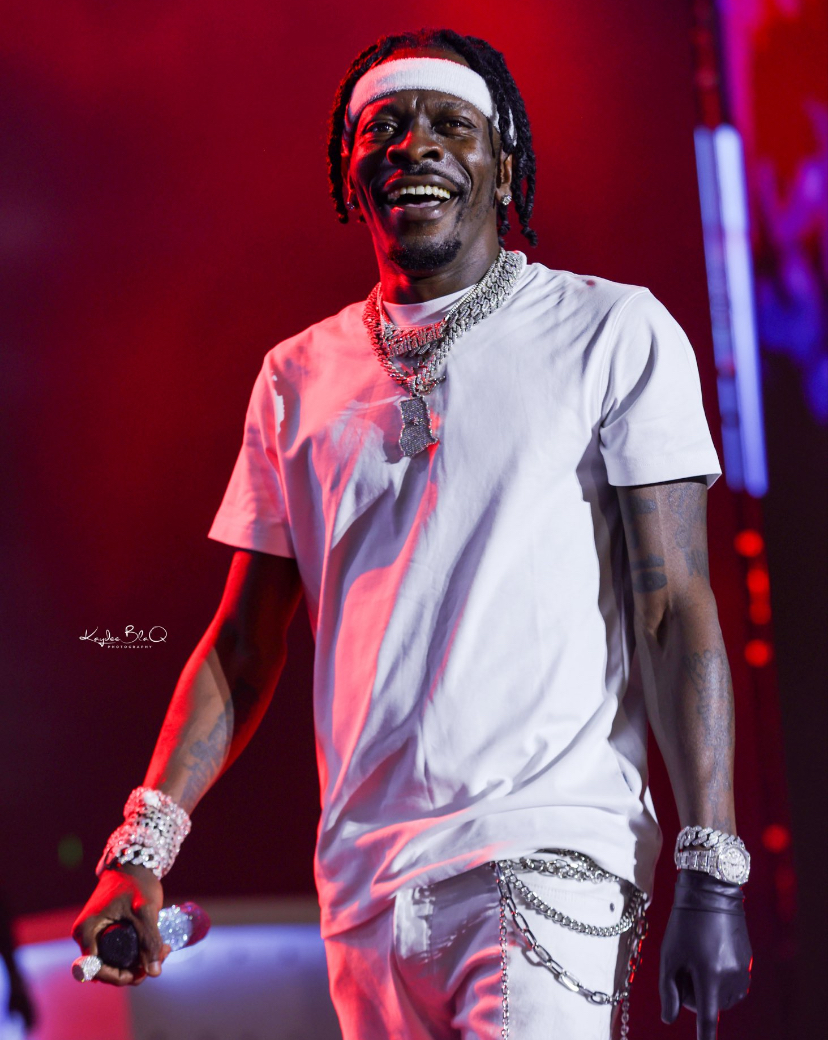
-
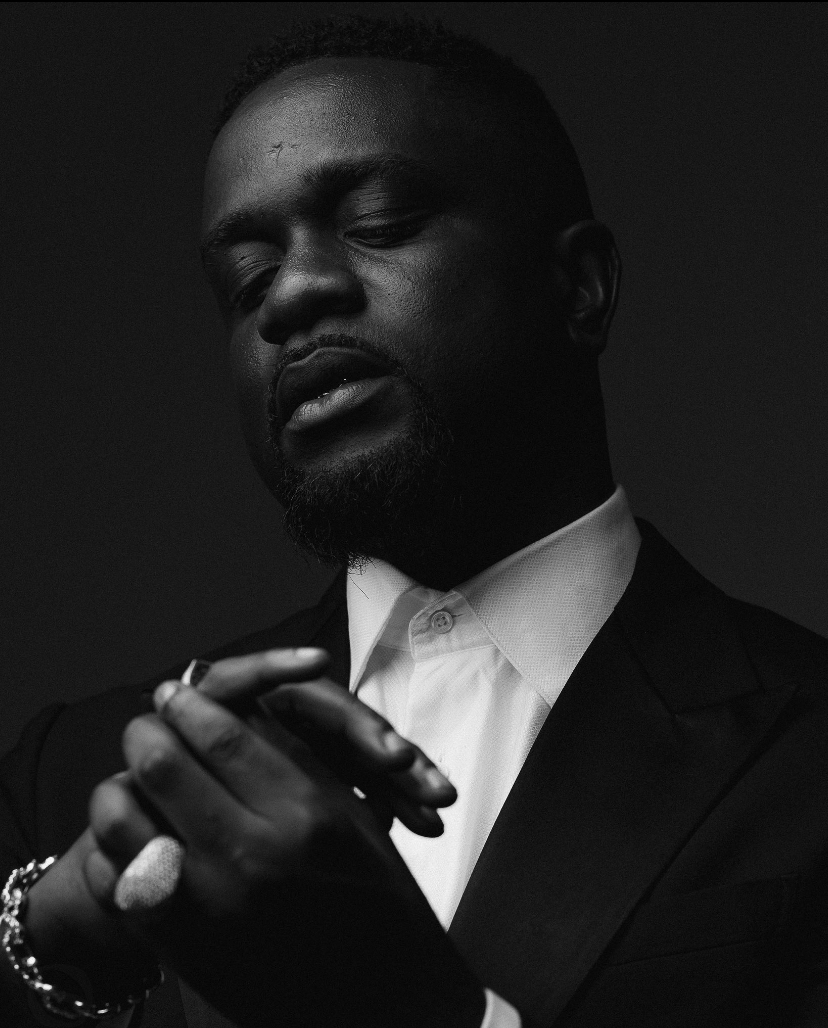
music entertainment culture
Sarkodie Teases Possible Birthday Album Drop
By Christabel Newman
February 24th, 2026
More From 3Music News
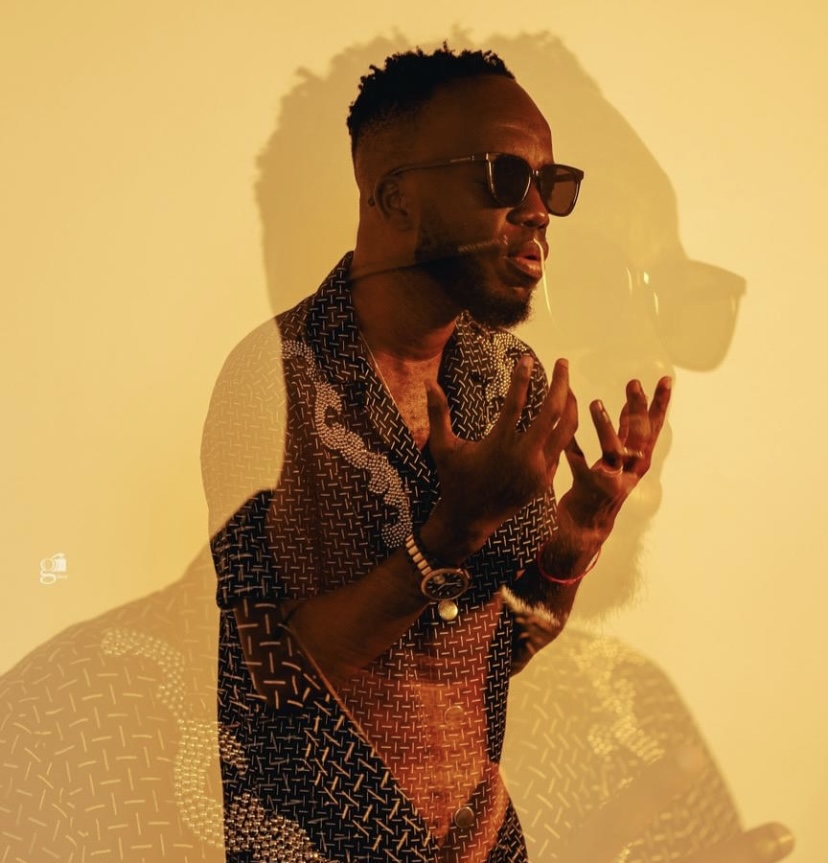
music | entertainment | fashion & lifestyle | culture | BY Christabel Newman | February 23rd, 2026
Akwaboah Celebrates Different SHADES OF LOVE
Love and live music filled the air in Accra yesterday as celebrated highlife singer and songwriter, Akwaboah hosted the 2026 edition of his annual SHADES OF LOVE concert...
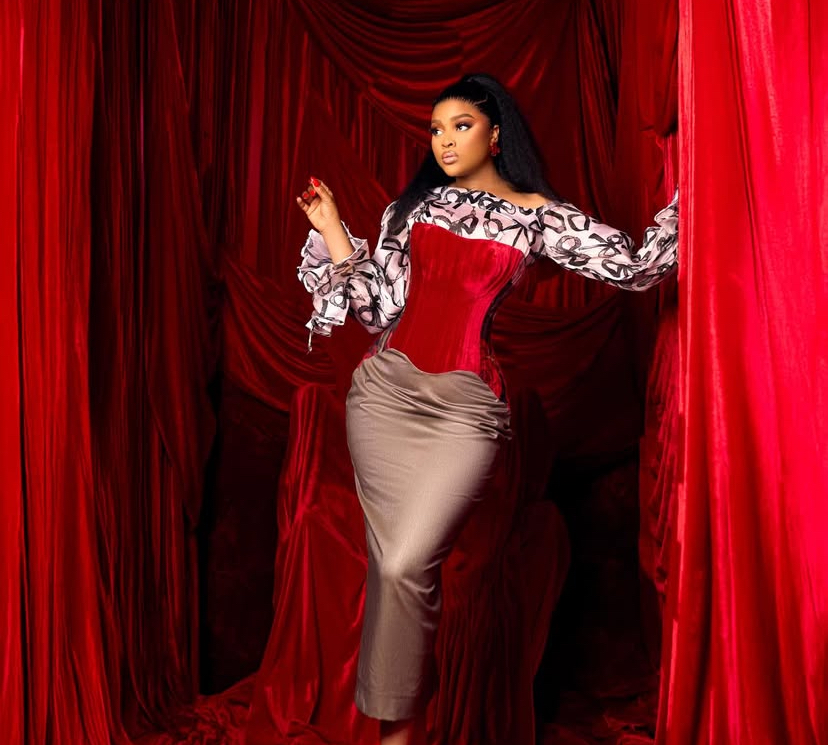
music | entertainment | fashion & lifestyle | BY Christabel Newman | February 23rd, 2026
Adina Thembi Announces Second Studio Album BECOMING
Ghanaian-South African vocalist, Adina, has officially revealed that her second studio album, BECOMING, is set for release in 2026 sparking excitement among her ever-growing fanbase...
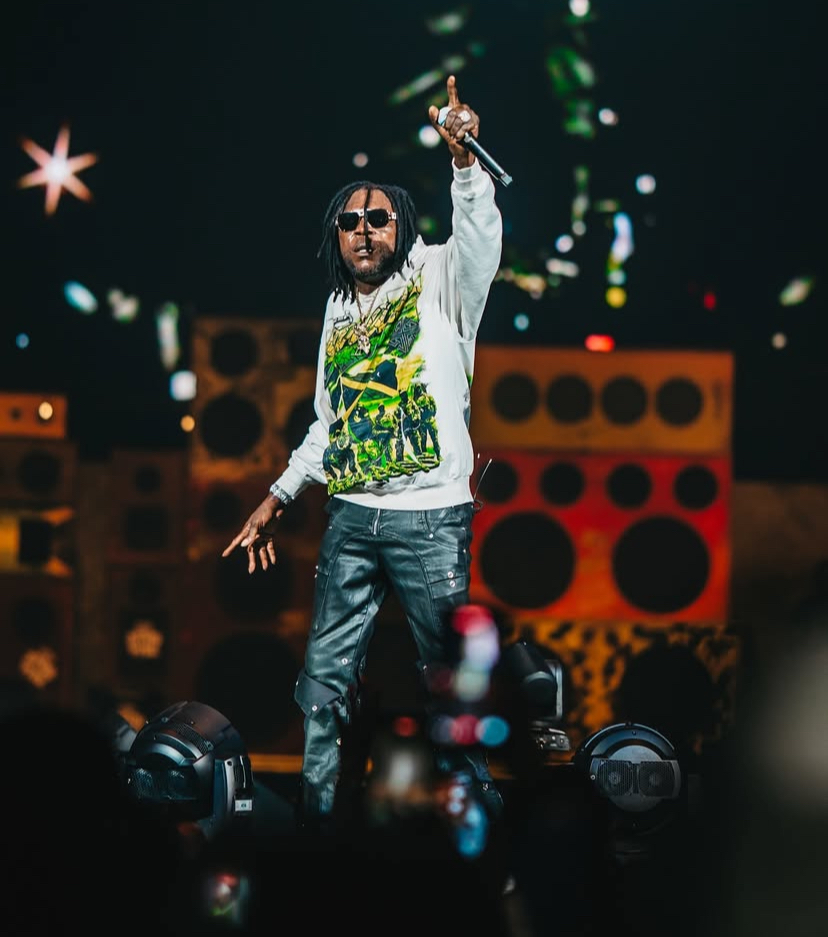
music | entertainment | culture | BY Christabel Newman | February 23rd, 2026
Vybz Kartel And Mavado Set To Reignite Iconic Rivalry In Malta
The two dancehall heavyweights will headline a three-day festival in Malta from September 10–13, 2026 in what is being billed as a historic reunion of the legendary Gaza vs. Gully rivalry…
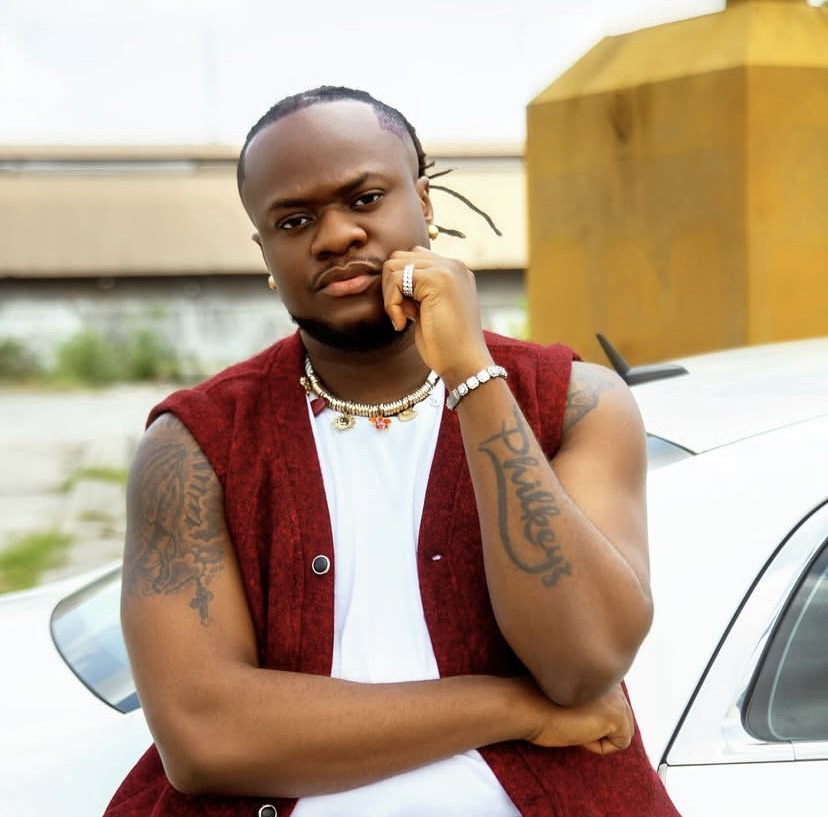
music | entertainment | BY Christabel Newman | February 23rd, 2026
Philkeyz Defends Human Creativity, Says A.I Can’t Replace Real Musicians
Philkeyz spoke passionately about the power of intentional artistry and long-term vision in music. Reflecting on his collaborations with Kizz Daniel, Philkeyz described the process as seamless…

music | entertainment | BY Christabel Newman | February 23rd, 2026
“There Are Lots Of BeatMakers But Fewer Producers”- Philkeyz
“Sometimes the difference between one artiste and another is simply finance and the right people around them.”
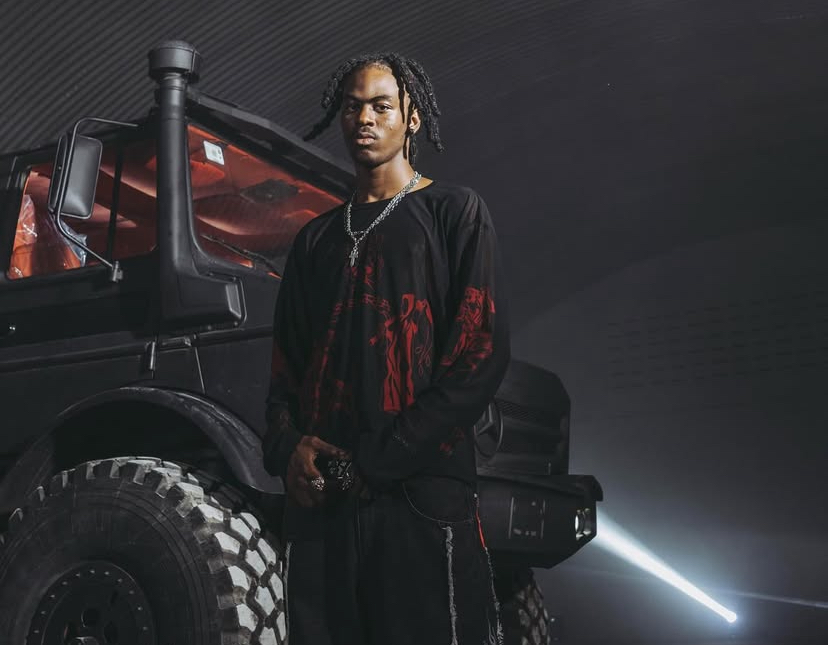
music | entertainment | culture | BY Christabel Newman | February 20th, 2026
AlorG Celebrates Brotherhood In New Visuals
Ghanaian artiste, AlorG, has unveiled the official music video for his latest single, MY BROTHERS, following the track’s earlier release this year...
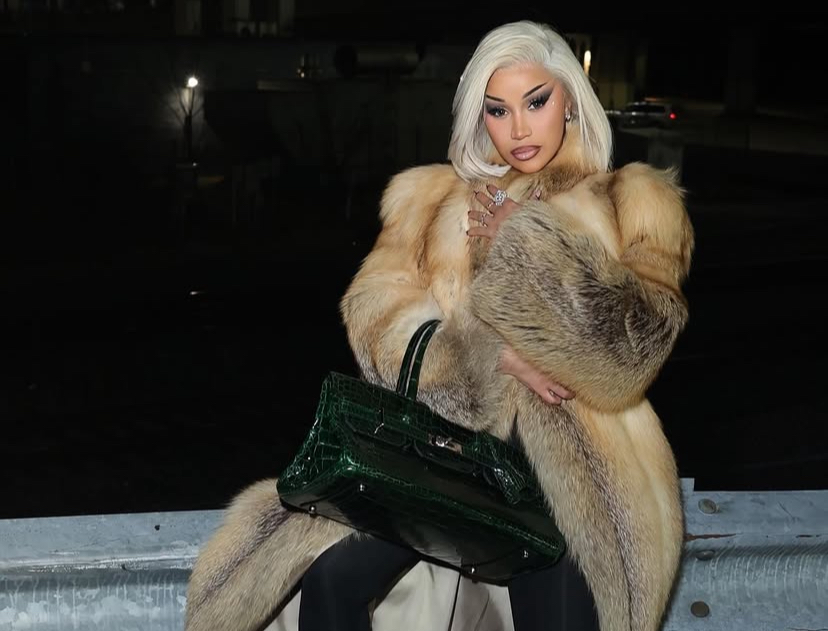
music | entertainment | fashion & lifestyle | culture | BY Christabel Newman | February 20th, 2026
Cardi B Surprises Los Angeles Crowd With Tyla Appearance
American rap superstar, Cardi B, delivered a major surprise during her sold-out LITTLE MISS DRAMA TOUR stop at the Kia Forum in Los Angeles, bringing out South African hitmaker Tyla as a special guest...
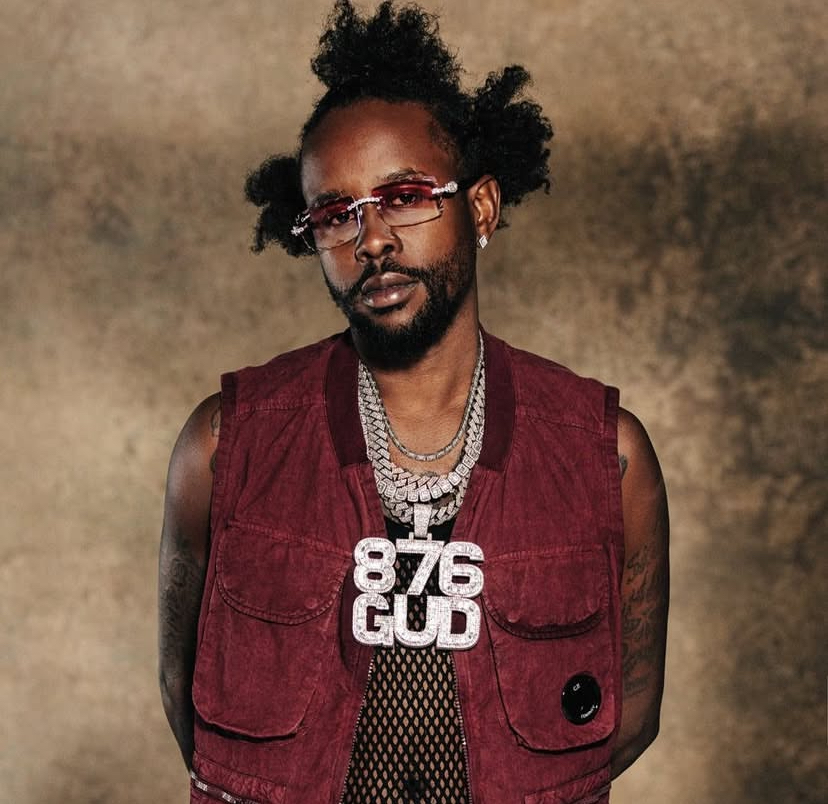
music | entertainment | culture | BY Christabel Newman | February 20th, 2026
Popcaan Enstooled As Chief In Asebu Traditional Area
Jamaican dancehall heavyweight, Popcaan, has been enstooled as a traditional chief in Ghana, strengthening the cultural bridge between the Caribbean and the African continent...
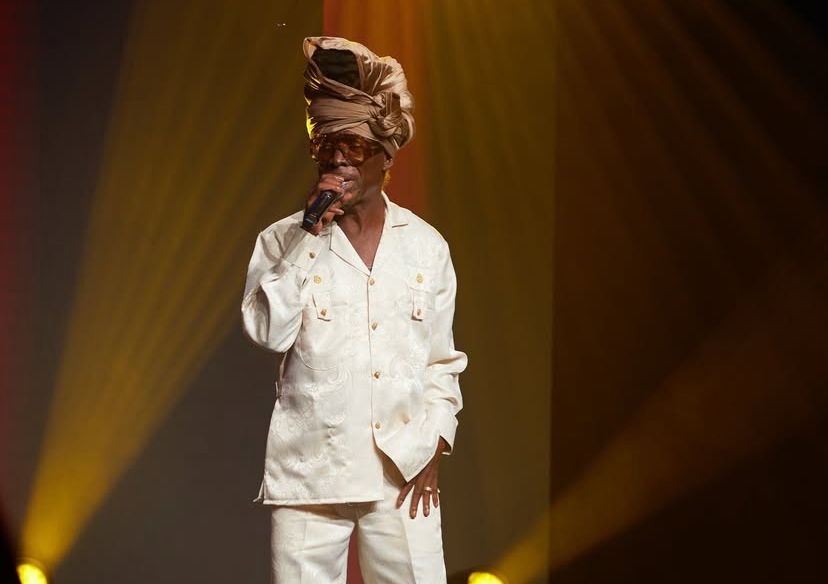
music | entertainment | culture | BY Christabel Newman | February 20th, 2026
Kojo Antwi Shares The Story Behind MR. MUSIC MAN
Ghanaian music legend Kojo Antwi, widely known as Mr Music Man, has officially unveiled his long-awaited memoir, MR. MUSIC MAN: THE JOURNEY…
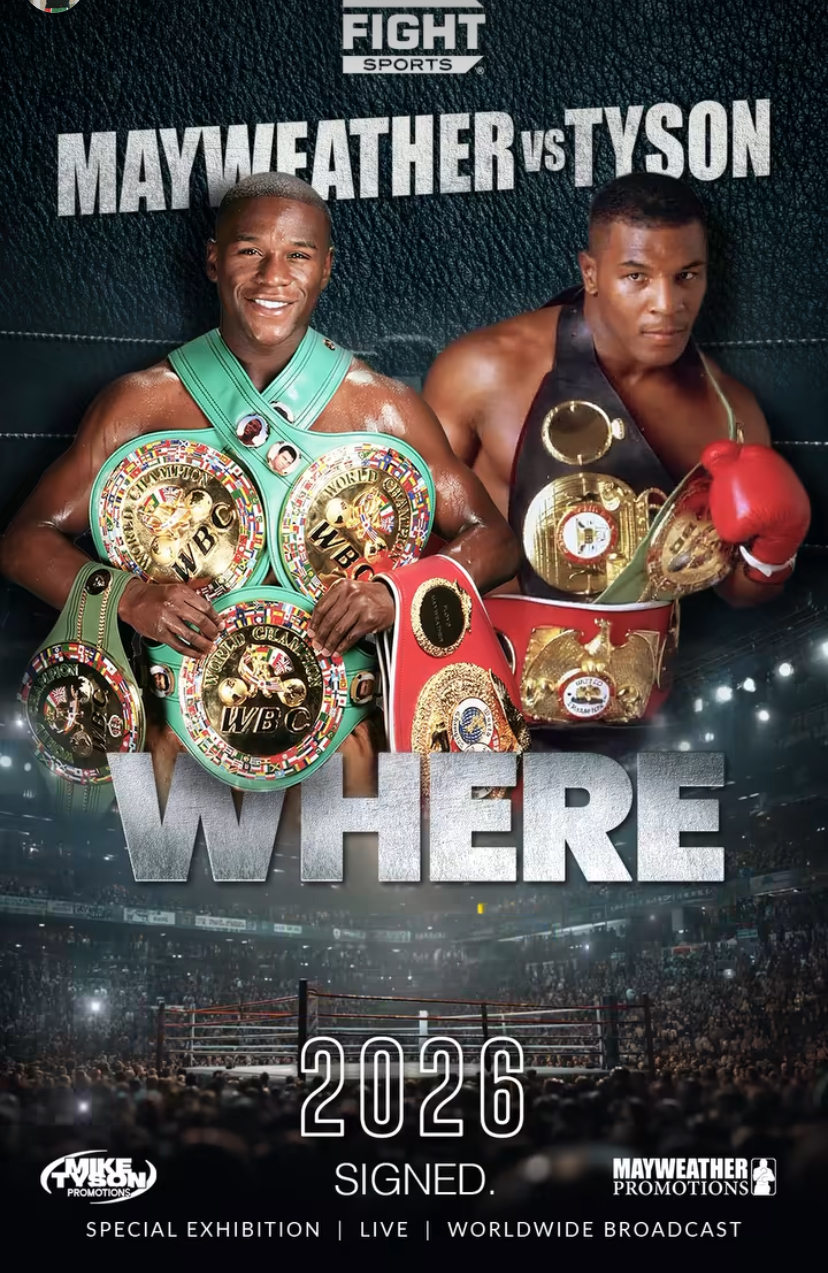
entertainment | sports | BY Christabel Newman | February 20th, 2026
Mayweather & Tyson To Clash In Congo Exhibition Showdown
Boxing legends, Mike Tyson and Floyd Mayweather Jr. are reportedly set to square off in a blockbuster exhibition bout on April 25, 2026, in the Democratic Republic of the Congo.

entertainment | fashion & lifestyle | culture | BY Walter Sena | February 20th, 2026
Tearful Sherri Shepherd Rises to Tyra Banks’ Defense After Netflix AMERICA'S NEXT TOP MODEL Documentary Sparks Backlash
In a heartfelt moment on her daytime talk show, Sherri, Emmy‑winning host Sherri Shepherd offered an emotional defense of supermodel and creator Tyra Banks amid the intense backlash triggered by Netflix’s controversial documentary Reality Check: INSIDE AMERICA'S NEXT TOP MODEL. 

entertainment | fashion & lifestyle | culture | BY Walter Sena | February 20th, 2026
The Jennifer Hudson Show Renews for Fifth Season Amid Daytime TV Shake‑Up
In a major vote of confidence for the daytime talk show landscape, Fox‑owned television stations have picked up The Jennifer Hudson Show for a fifth season in 2026‑27, continuing a partnership that’s been in place since the series debuted in fall 2022. 
Comments